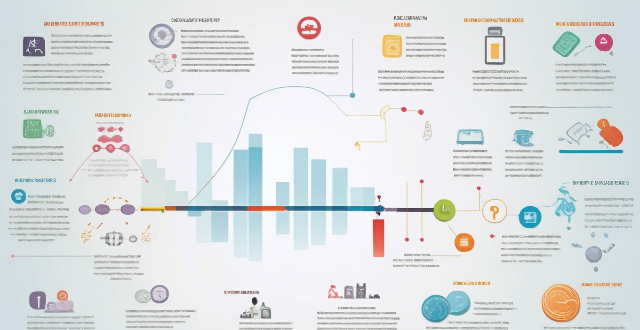The Task Force on Climate-related Financial Disclosures (TCFD) has significantly impacted corporate reporting by requiring enhanced disclosure of climate-related risks and opportunities. Companies must identify, assess, and manage these risks, including through scenario analysis and governance processes. They also need to disclose how climate change affects their business model and strategy, as well as the alignment of their portfolio with a low-carbon transition. Operational performance metrics such as emissions data and energy use must be reported, along with information on positive impacts and innovation related to climate action. Overall, the TCFD guidelines aim to promote transparency and encourage companies to integrate sustainability into their financial decision-making processes.

How does TCFD affect corporate reporting?
The Task Force on Climate-related Financial Disclosures (TCFD) has significantly impacted the way corporations report their financial information, particularly in relation to climate-related risks and opportunities. The TCFD was established by the Financial Stability Board (FSB) in 2017 with the aim of providing clarity, consistency, and comparability in the disclosure of climate-related risks. Here's a detailed look at how TCFD affects corporate reporting:
Enhanced Disclosure Requirements
Climate-Related Risks and Opportunities
- Identification and Assessment: Companies are required to identify and assess their exposure to climate-related risks, including transition and physical risks. This involves analyzing potential impacts on operations, supply chains, and investments.
- Scenario Analysis: Organizations must conduct scenario analysis to understand the potential financial impacts of different climate change scenarios, such as changes in global temperatures or policy responses.
Governance
- Board Oversight: Companies need to demonstrate that their board of directors is overseeing climate-related risks as part of its governance responsibilities.
- Risk Management Processes: Firms should describe their risk management processes related to climate risks, including strategies for mitigating these risks.
Strategic Planning
Business Model and Strategy
- Climate Impact on Business Model: Corporations must disclose how climate change could affect their business model, including both risks and opportunities.
- Adaptation and Mitigation Strategies: Companies should outline their strategies for adapting to climate change and mitigating associated risks.
Portfolio Disclosure
- Climate Profile of Portfolio: For companies with significant investment portfolios, disclosing the climate profile of their investments is necessary.
- Alignment with Low-Carbon Transition: Firms should discuss how their portfolio aligns with a low-carbon transition, including any decarbonization targets.
Operational Performance
Emissions Data
- Scope 1, 2, and 3 Emissions: Comprehensive disclosure of greenhouse gas emissions across all scopes is essential, along with explanations of methodologies used for measurement and reporting.
- Reduction Targets and Progress: Companies should report on their emission reduction targets and progress made towards achieving these targets.
Energy Use and Efficiency
- Energy Consumption: Disclose information on energy consumption, including sources and types of energy used.
- Efficiency Initiatives: Describe initiatives aimed at improving energy efficiency and reducing overall energy use.
Positive Impacts and Innovation
Opportunities from Climate Action
- New Markets and Products: Companies may explore how climate action creates new markets or product development opportunities.
- Investment in Clean Technologies: Discuss investments in clean technologies or sustainable practices that could lead to future benefits.
Research and Development
- Climate-Related R&D: Companies should highlight research and development activities focused on addressing climate change or developing sustainable solutions.
- Collaboration on Environmental Innovation: Disclose collaborations with other organizations aimed at promoting environmental innovation.
In conclusion, the TCFD has set forth comprehensive guidelines that require companies to integrate climate-related considerations into their financial reporting processes. This not only helps investors make informed decisions but also encourages corporations to proactively manage climate risks and seize opportunities within the context of a sustainable future.